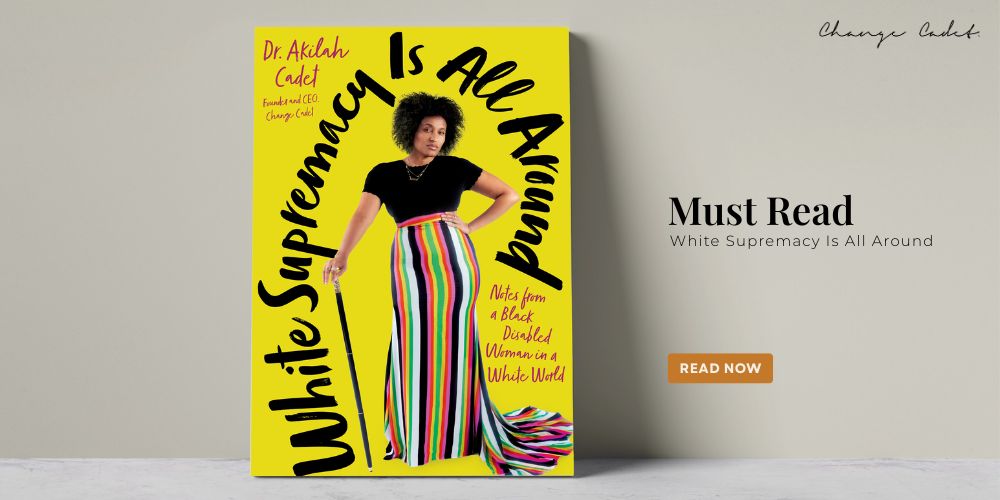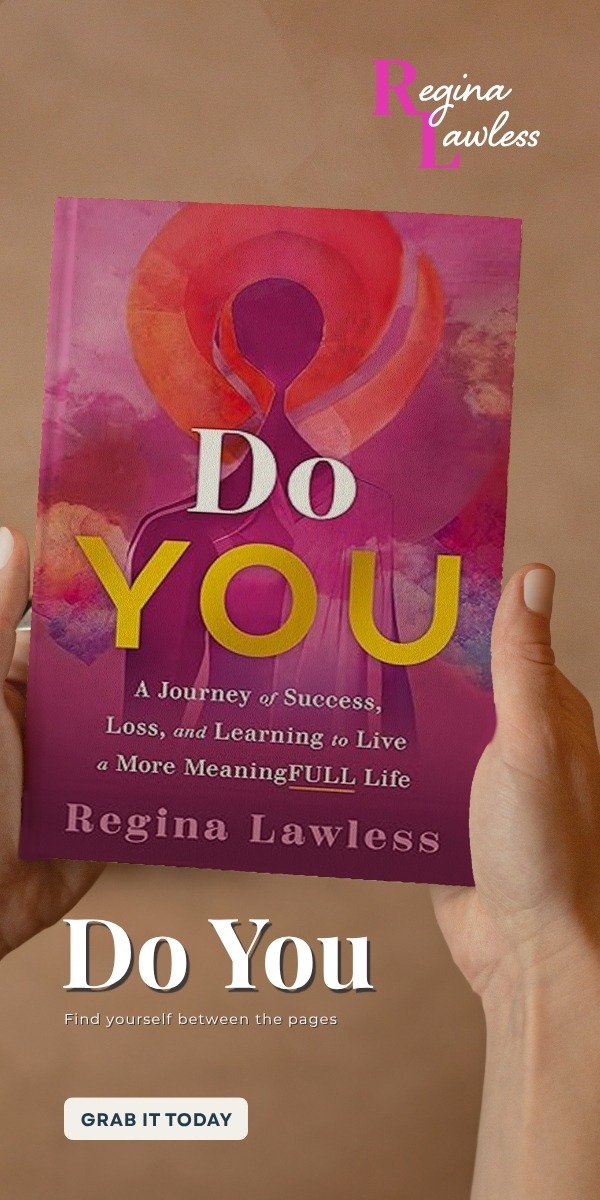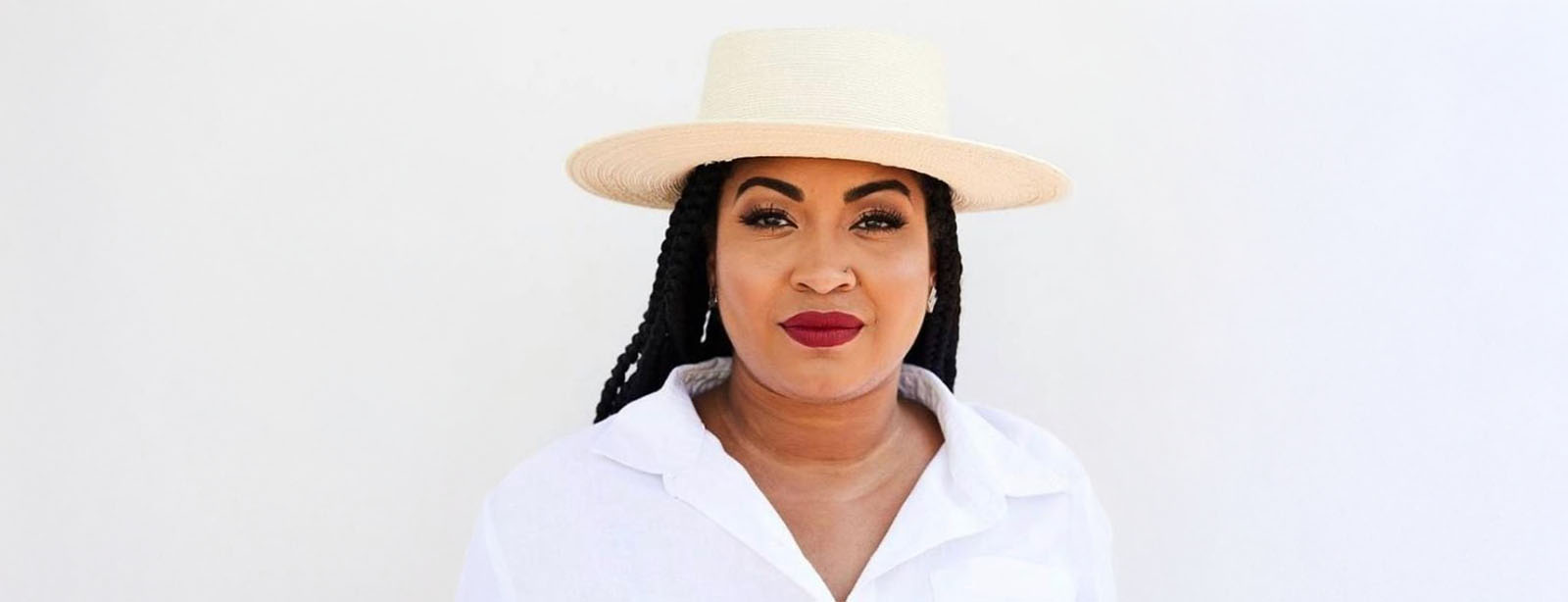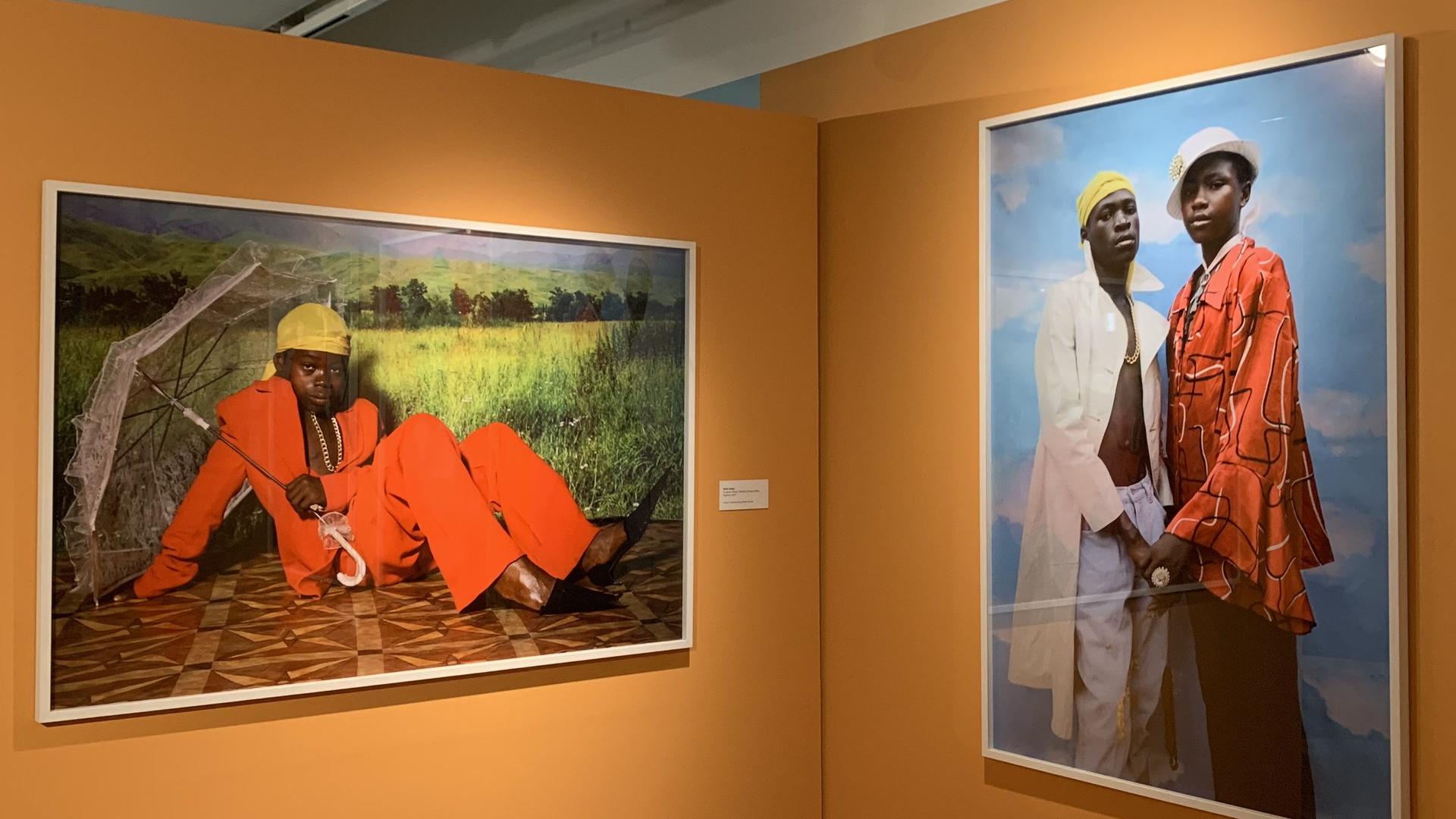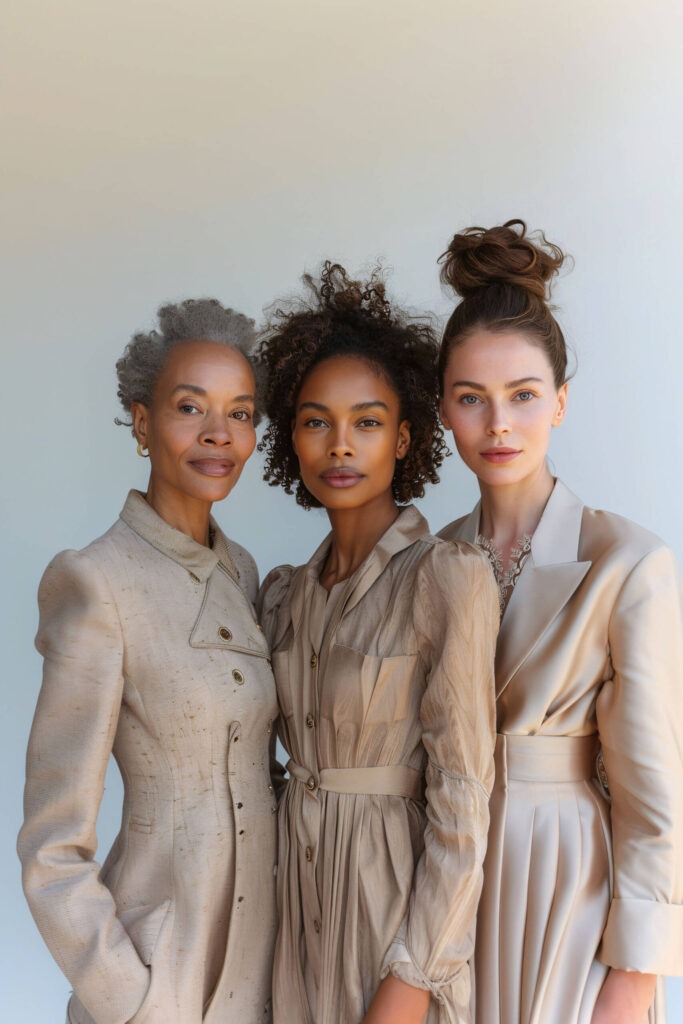Before the read
Discover how community focused funds and partnerships are helping remove barriers to care.
Learn about a nonprofit that funds free therapy and collaborates with experts to reduce stigma.
Explore recent social events and ongoing stigma that highlight the need for culturally aware support.
Given the social breakouts, the subsequent Black Lives Matter protests, and the police brutality in response to those events, African Americans have been traumatized over the last few years. Because of the stigma attached to the difficulties people who suffer from mental health issues experience, it is more important now than ever for the Black community to get the most effective support possible. Mental health in African American communities is finally receiving overdue attention, with organizations like the Loveland Foundation leading the way in providing accessible care.
Especially women of color who experience mental health issues that are often misunderstood and perceived as complex and problematic. When they find the courage to ask for help, they rarely receive any because there’s a prevalent and ingrained stigma surrounding mental health, and the mental health of Black women is still considered a taboo subject.

With therapy sessions in the U.S. typically costing anywhere from $80 – $250, it’s hard to find a therapist you can afford through insurance or just paying out of pocket. There’s often a lot of trial and error involved, and it can be even harder for Black women and girls in a marginalized community to access therapy when needed. Due to the lack of conversation and knowledge surrounding mental health, receiving proper care is a long and high-priced process.
Free Therapy for Black Women and Girls
The Loveland Foundation was created to provide resources to communities of color, especially Black women and girls, to address the issues and end the stigma surrounding mental health.
The mastermind behind this non-profit organization is the lecturer and activist Rachel Cargle. After her successful birthday wish fundraiser, Therapy for Black Women and Girls, she raised a huge amount, making it possible for Black women and girls nationally to receive therapy support. The fundraiser was a massive success—it raised over $250,000, and Cargle decided to continue even when the fundraiser was over.
The Loveland Foundation was established in 2018, and since then, it has been committed to showing up for communities of color in unique and powerful ways. Cargle has devoted her work to exploring the intersection between race and womanhood while dealing with factual historical situations that need to be rectified for the livelihood of people of color.
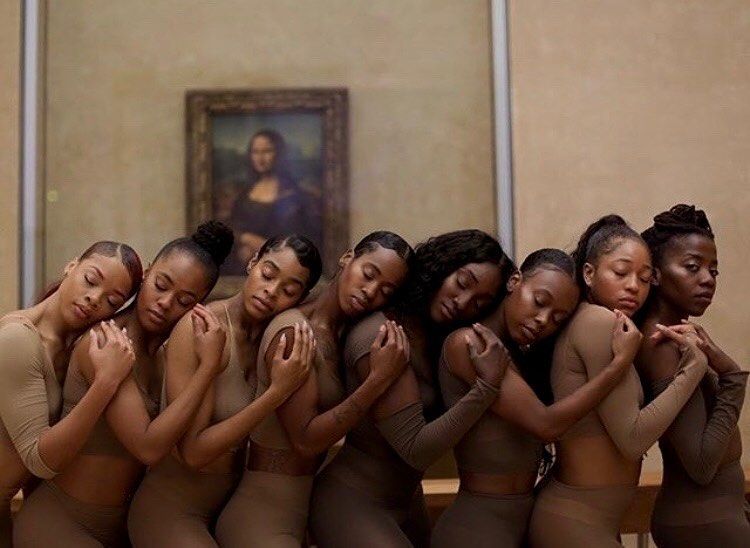
To promote its vision, the Loveland Foundation offers therapy funds— vouchers for free for women and girls of color to receive therapy, ensuring they receive the help they need to deal with racial trauma. Moreover, the Foundation cooperates with mental health professionals who provide high-quality care and are also aware of the cultural beliefs and values
of the Black community.
From its establishment to this day, the Foundation has managed through
fellowships, residency programs, and listening tours to make therapy more affordable and accessible. In addition to raising and distributing money, the Loveland Foundation also has partnerships with organizations such as Therapy for Black Girls, National Queer & Trans Therapists of Color Network, Talkspace, and Open Path Collective— all of which are working towards various aspects of Loveland’s goal.
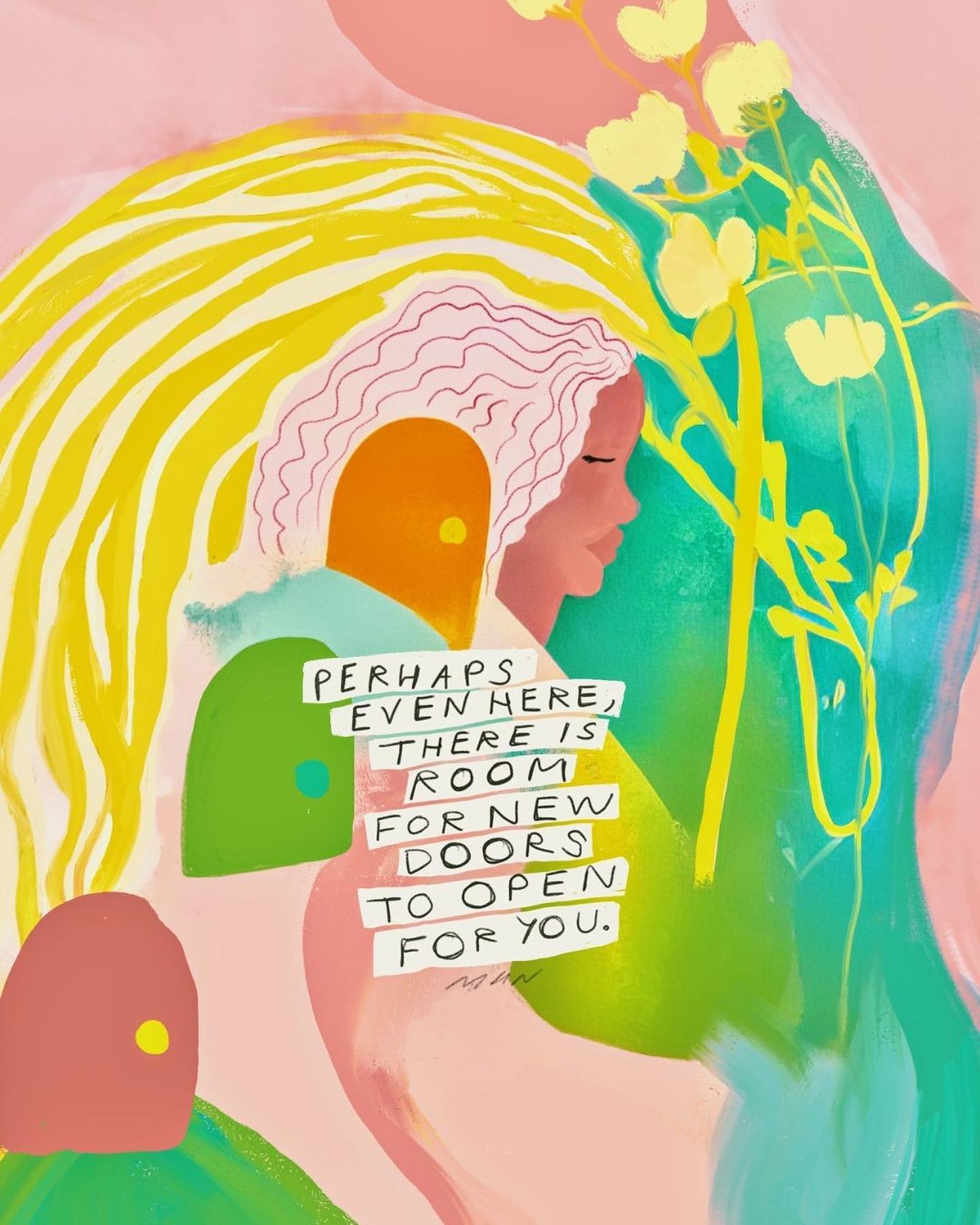

Defending the Mental Health of African American Communities
It’s important to remember that every dollar that goes toward the Loveland foundation is not just going toward the treatment and healing of one person; it’s going toward the Black community and the future of that community as a whole. For Black women and girls to have access to therapy, not only will they greatly benefit from this, but future generations will also experience the effects of this healing. Their motto is: “We see you, hear you, and invest in your healing.”
Through having meaningful conversations and sharing mental health resources with the youth community, it’s now possible to truly educate and prevent others from experiencing struggles in life.
More by this author
The Wrap
- The Loveland Foundation funds free therapy for women and girls of color to address racial trauma and stigma.
- Partnerships with Therapy for Black Girls, NOQT Network, Talkspace, and Open Path expand access to quality care.
- Since 2018, the foundation has used fellowships, residencies, and listening tours to make therapy more affordable.
- The initiative aims to create lasting impact for Black communities by supporting healing across generations.
- The core message remains clear: “We see you, hear you, and invest in your healing.”
- The article highlights the ongoing need for open conversation and accessible mental health resources.
